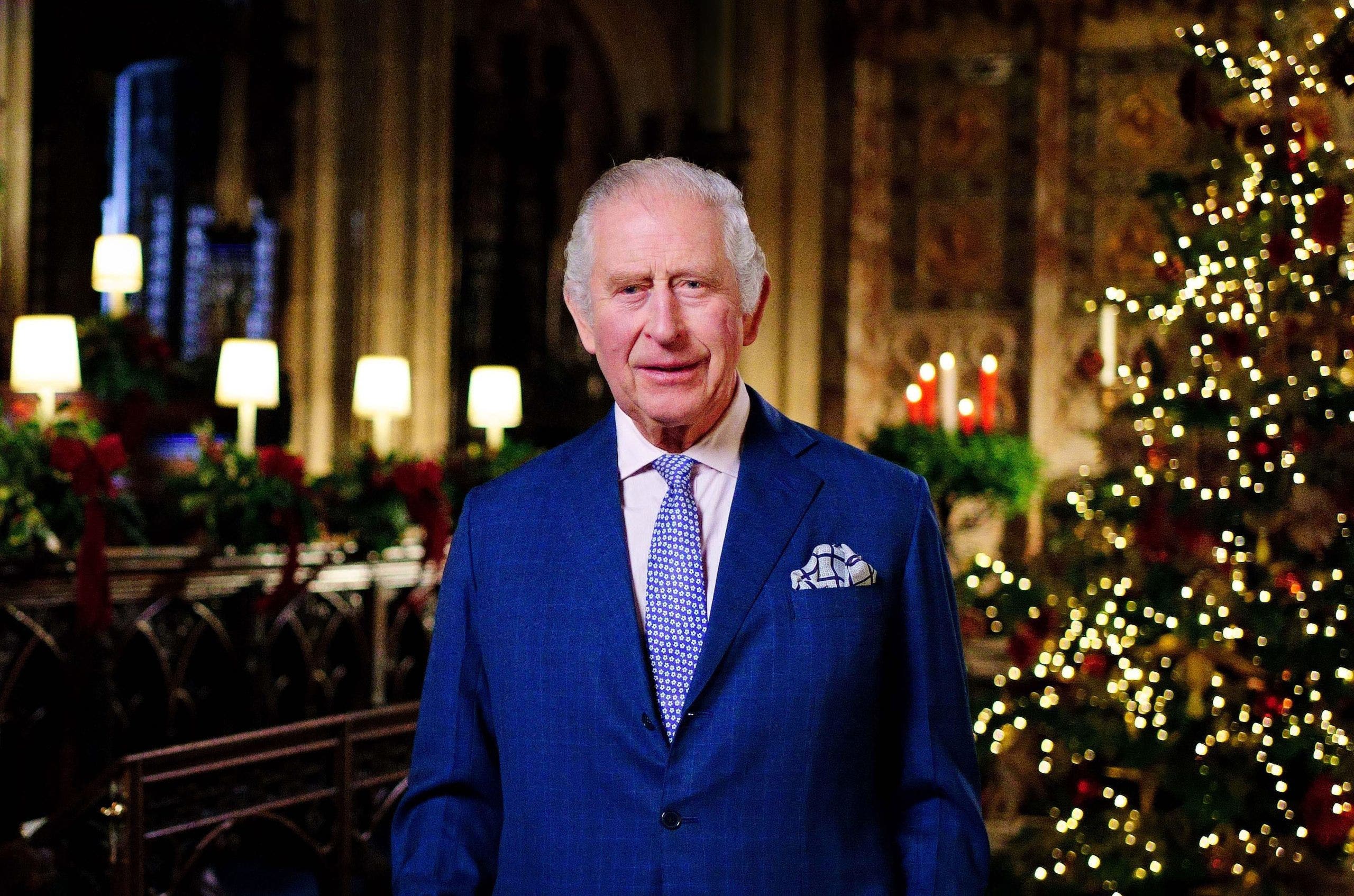The consequences of Florida meddling in abortion and marijuana issues are strikingly profound. As the DeSantis administration ramps up its efforts to influence voter opinions, Floridians find themselves caught in a whirlwind of government-sponsored messaging that blurs the lines between public service and political propaganda. With less than a week until election day, this looming tension cannot be overlooked.
Amid early voting, the voice of the state government rings loud and clear through a series of advertisements. Their purpose? To cast doubt on the legality and implications of two pivotal ballot questions: the legalization of recreational marijuana and the expansion of abortion rights. One commercial, aired by Florida’s Department of Transportation, ominously warns, “DUI crashes increase in states with legalized marijuana.” In contrast, another ad featuring Dr. Steven Christie, a member of Florida’s Board of Medicine, attempts to counter what he identifies as “misinformation” surrounding the state’s abortion laws.
This scenario has triggered a unique election season, one described by University of South Florida political communications Associate Professor Josh Scacco as a “political quagmire.” When the state employs its resources for advertising that directly pertains to ongoing political debates, the separation between governance and campaigning becomes alarmingly thin. It’s as if a line has been crossed—where government entities, often expected to remain neutral, take up arms in the battle of public opinion.
Amendments 4 and 3, if passed by 60% of voters, would significantly alter the landscape for abortion rights and marijuana legalization in Florida. The air is thick with tension, as Governor DeSantis and his administration publicly denounce these measures, conducting press conferences that spotlight their opposition rather than fostering an environment of civic engagement. As they tour the state, it becomes evident that even nonpartisan agencies like the Department of Health and the Department of Education are complicit, using taxpayer dollars to finance their campaigns against these amendments.
Florida’s contract database reveals an eye-watering expenditure—nearly $20 million—allocated to public information campaigns since last month. Critics contend the true figure may be closer to $50 million, suggesting a significant portion has funneled into commercial spots designed to sway public opinion. Yet, when pressed for specifics, the administration remains reticent.
The defense for these ads is couched in the language of public service. Governor DeSantis insists they are “public service announcements,” a justification met with skepticism. Are these really informational campaigns, or elaborate attempts to sway a delicate political climate? The juxtaposition is evident. Florida’s Chief of Staff claims the ads simply reflect state law. Still, instances abound where the state’s presence in the political arena feels overwhelming, particularly given the involvement of officials like Secretary Shevaun Harris and Florida Surgeon General Joseph Ladapo, who have lent their voices and expertise to support the administration’s stance.
Local business owners, like those at Flip Flop Shops in Tampa, feel the repercussions of this political battle, experiencing shifts in consumer sentiment based on the contentious atmosphere. Discussions arise over whether this government interference strikes at the heart of democratic principles. Republican Senator Joe Gruters voices concerns over the use of taxpayer funds for what many perceive as targeted propaganda, stating emphatically, “We still live in a democracy.” His words resonate deeply as the atmosphere turns electric with anticipation and worry.
This month, a federal judge stepped in, admonishing the administration for its threats towards TV stations airing pro-abortion rights commercials, a rare instance where the judiciary has intervened in an election-year controversy. Meanwhile, the discourse continues to unravel, leading to a land of uncertainty where the weight of taxpayer-funded messaging casts a long shadow over the already intricate art of democracy.
It’s clear, as Professor Scacco notes, “Government represents everyone who voted for them and against them.” The entanglement of electoral campaigns and government duty could potentially undermine the very foundations designed to protect the citizens’ right to evaluate and decide on the fate of their laws impartially. In this moment, reflection feels necessary. Just as the sun shines bright over the Sunshine State, it also casts shadows that hide the turbulence beneath the surface.
Amidst the gravity of this situation, one might pause to reflect, contemplating the broader implications of such governmental overreach in the political domain. It invites a poignant question about the balance between public service and personal belief, and ultimately, who holds the reins in shaping the course of a vibrant democracy.
Send your story idea and tips to Katie LaGrone.
As the allegations mount that the DeSantis administration leans heavily on taxpayer contributions to direct the narrative around abortion and marijuana legislation, a political communications expert argues that the implications of this maneuvering may extend far beyond the election itself.
Public service or propaganda? The consequences of Florida meddling in abortion, marijuana issues




































